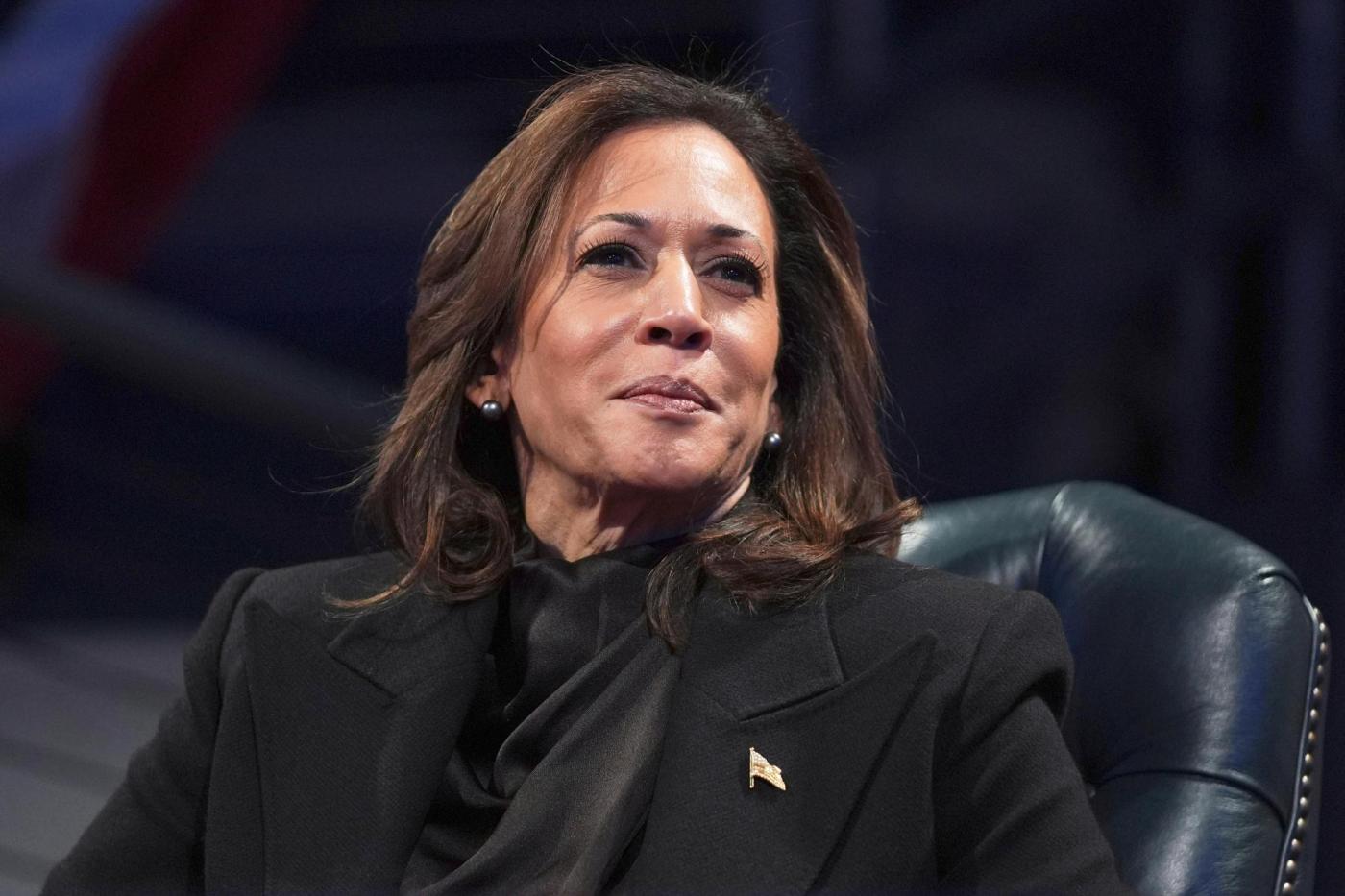The stalemate in Washington continues as the government shutdown stretches into its 39th day, prompting senators to convene for a rare weekend session. Lawmakers aim to strike a bipartisan deal that has thus far eluded them, leaving federal workers unpaid and essential services, including SNAP benefits, delayed for millions of Americans. As discussions commenced on Saturday, uncertainty loomed over whether any progress could be made toward reopening the government.
President Donald Trump indicated on social media that he is unlikely to compromise with Democrats who are advocating for an extension of the Affordable Care Act tax credits. In his post, he described the current healthcare system as “the worst Healthcare anywhere in the world” and proposed that Congress allocate funds directly to individuals for purchasing insurance.
Senate Republican leaders have shown some willingness to consider a proposal from a group of moderate Democrats aimed at resolving the shutdown. This plan would involve funding government operations in exchange for a delayed vote on the Affordable Care Act subsidies. Sen. Jeanne Shaheen of New Hampshire, who is spearheading talks among the moderates, stated that Democrats “need another path forward” after their previous proposal to reopen the government and extend subsidies for a year was rebuffed by Republicans.
Complications remain as moderates negotiate among themselves and with rank-and-file Republicans. Discussions have focused on funding critical areas such as food aid and veterans programs while extending funding for other services until December or January. This potential agreement would hinge on the promise of a healthcare vote in the future, rather than a definitive commitment to extend subsidies.
Despite ongoing negotiations, it remains uncertain whether sufficient Democratic support will materialize for such a plan. Even if an agreement is reached, Trump’s reluctance to endorse an extension of health benefits poses significant challenges. House Speaker Mike Johnson of Louisiana has also indicated he would not commit to a health vote, further complicating the situation.
Republicans currently require only five additional votes to fund the government, with the negotiating group comprising between 10 to 12 Democratic senators. Some Republicans are open to extending the COVID-19-era tax credits, acknowledging that premiums could rise significantly for millions if left unaddressed. Yet, they are calling for new limits on eligibility for these subsidies.
“We have had really good discussions with a lot of the Democrats,” said Sen. Mike Rounds of South Dakota, reflecting a glimmer of hope for bipartisan cooperation. However, Trump’s insistence on a swift resolution and his call to eliminate the filibuster—which requires 60 votes for most legislation—has led to further discord among Republicans. Vice President JD Vance, a former senator from Ohio, endorsed this idea on social media, asserting that Republicans favoring the filibuster are “wrong.”
While Trump’s approach faces resistance, Senate Majority Leader John Thune has expressed interest in a bipartisan package that aligns with the moderate Democrats’ proposal. The current legislation under consideration would extend government funding only until November 21, 2023.
As the weekend progresses, a test vote on new legislation could occur if Thune decides to advance the discussions. Democrats now face a critical decision: whether to continue their pursuit of a comprehensive deal regarding healthcare subsidies while prolonging the shutdown or to support a plan to reopen the government with uncertain promises surrounding health care.
Following a caucus meeting, many Democrats indicated they would prefer to hold out for meaningful negotiations on the healthcare extension. Sen. Brian Schatz of Hawaii mentioned that without substantial healthcare provisions, the likelihood of a successful vote would diminish. Independent Sen. Bernie Sanders, who collaborates with Democrats, urged colleagues to maintain their resolve after recent electoral victories and demand an extension of the subsidies.
As negotiations continue, the impact of the ongoing shutdown remains palpable, affecting numerous Americans reliant on government services. The coming days may prove critical for both parties as they navigate this complex political landscape.







